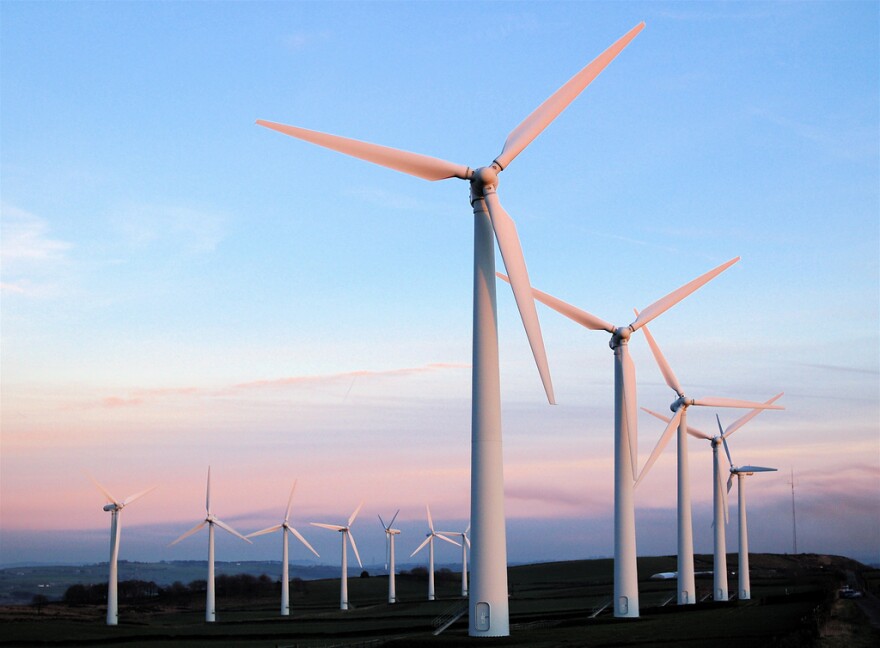There’s no doubt Wyoming is an energy state. With its low population most of the energy produced from fossil fuels and now increasingly from wind are sent to other states, here’s a fun fact: roughly two-thirds of all the state’s energy production gets consumed in other states.
There’s a problem though: the nation’s energy transmission system, whether pipes, wires or train tracks, are rapidly aging. In a new report, the Obama administration calls for updating the grid, which is bringing cheers from Wyoming Congresswoman Cynthia Lummis.
“So hats off to the administration for putting together this first ever review of our transmission and delivery and storage infrastructure.”
It’s been decades since much of the grid was built. Lummis says that’s unacceptable for economic and national defense reasons.
“When we’re so concerned about electromagnetic pulse, when we’re so concerned about attacks on our energy infrastructure bringing the nation to its knees; these are legitimate areas of public policy debate and discussion.”
The Department of Energy is proposing a program to get state’s to update their own grids. It isn’t cheap though. The proposal comes with a two point five to three point five billion dollar price tag. Wyoming Senator John Barrasso says a part of the reason the grid is so outdated is because government regulations are preventing private businesses from acting.
“One of the real problems is now the moving of the energy, with infrastructure concerns and that so often has to do with delays in permitting – getting permission from the government to build the infrastructure because of roadblocks either through the government or lawsuits.”
The report highlights that permitting is a “complex process” and which ends up delaying some projects for many years. In a hearing with Energy Secretary Ernest Moniz, Barrasso called that admission a step forward.
“So I’m glad that the administration is admitting that the permitting process is broken.”
Barrasso pressed Moniz on the report’s recommendation that it find ways to speed up the permitting process by putting more money towards the effort any by getting agencies to work better together to eliminate red tape.
“But the administration doesn’t make mention of establishing deadlines for permitting, it doesn’t mention repealing duplicative permitting regulations, it doesn’t mention limiting lawsuits, which slow the permitting process. So with all due respect do we really think that more money and coordination and engagement is all that is necessary to resolve the delays in the federal permitting process?”
“No, I certainly don’t.”
Moniz didn’t stop there though. He says he and Barrasso have the same goal of speeding up the process but says it’s not that simple.
“So I think we need to address these things and we are trying to do that within our existing authority but I want to point out that things like litigation: we just can’t stop litigation. It’s not a question of just federal authority. The states play and enormous role.”
Congresswoman Lummis says there’s a problem though. She thinks President Obama is putting his ideology over the recommendations from his advisors. She points to his rejection of the oil pipeline that would have carried dirty Canadian tar sand oil to refineries in the Gulf of Mexico, even as his advisors were asking for more shipping capacity.
“That’s at the same time that the president rejected the Keystone XL Pipeline. To me, that’s a complete disconnect from the policy recommendations of the report the president himself commissioned and the policies that he is vetoing in Washington.”
Senator Mike Enzi wasn’t made available for an interview on the energy review, but his office sent this statement:
“This Administration calls for updates, but at the same time it seeks to shut down entire sectors of our energy economy and delays the expansion of our pipeline infrastructure.”
So while both parties in Washington seem to agree there’s a glaring problem, for now the two sides of the debate are filled with distrust and may not be able to find a compromise to increase the nation’s aging power grid.








